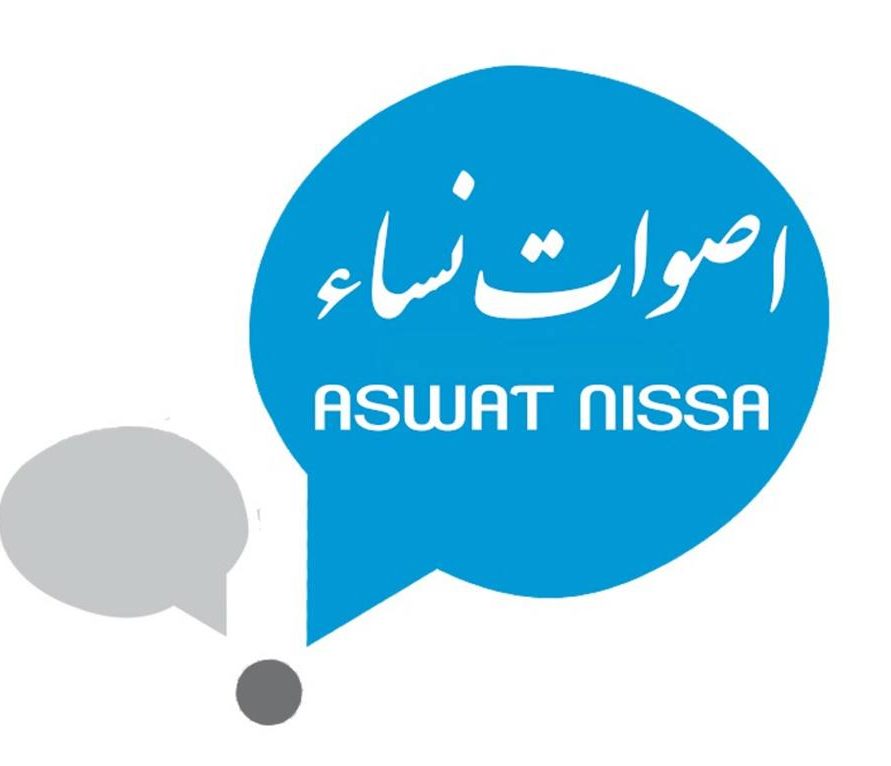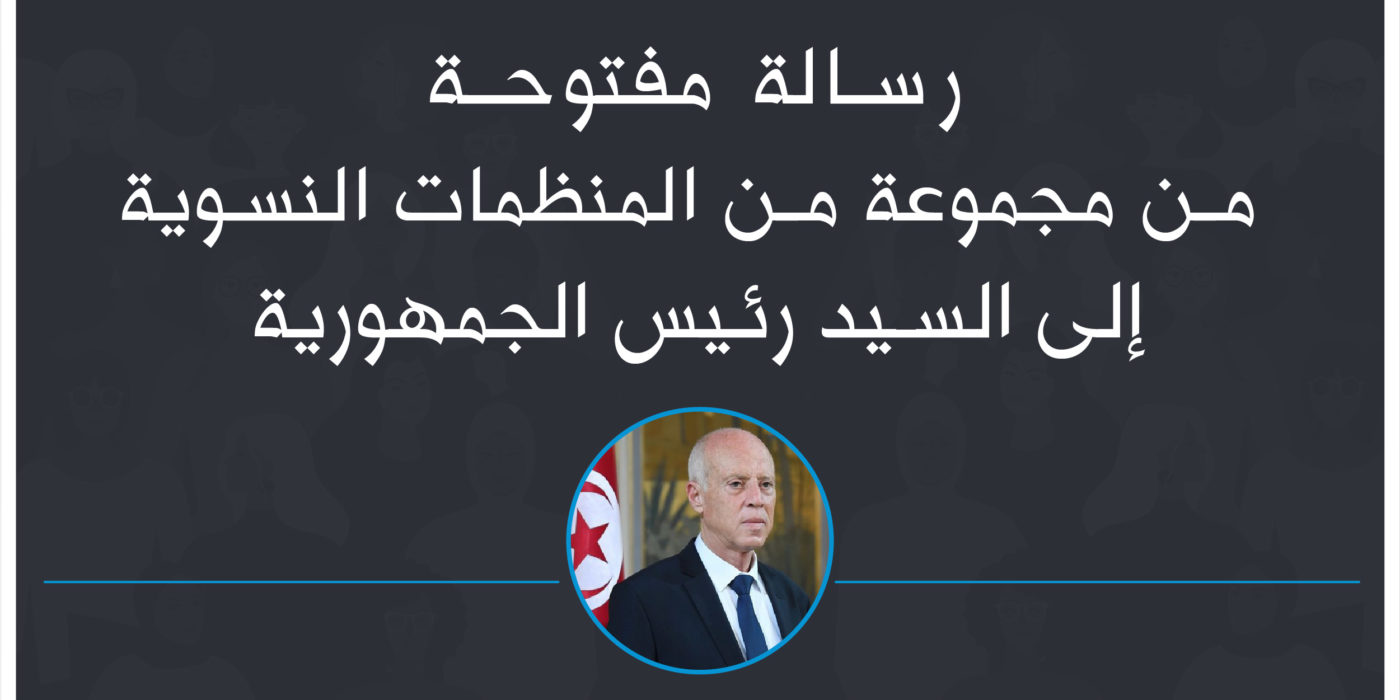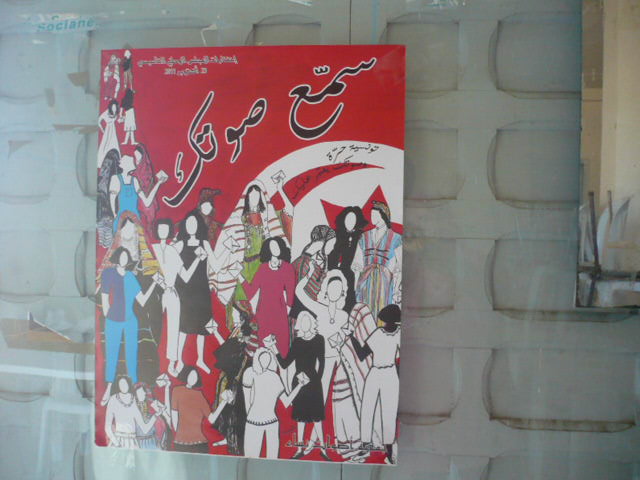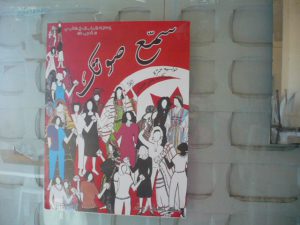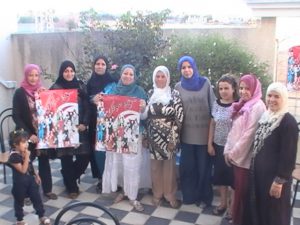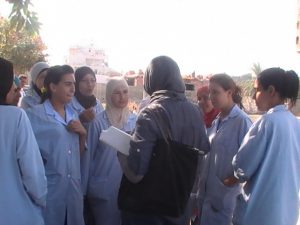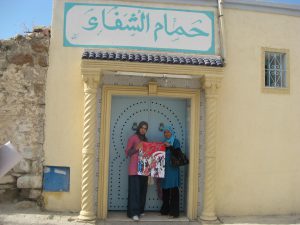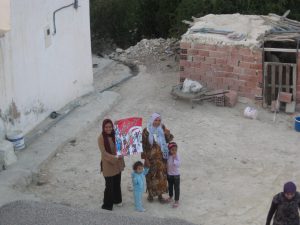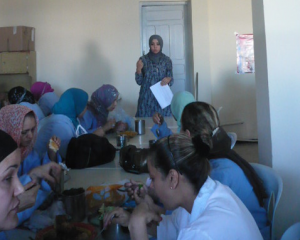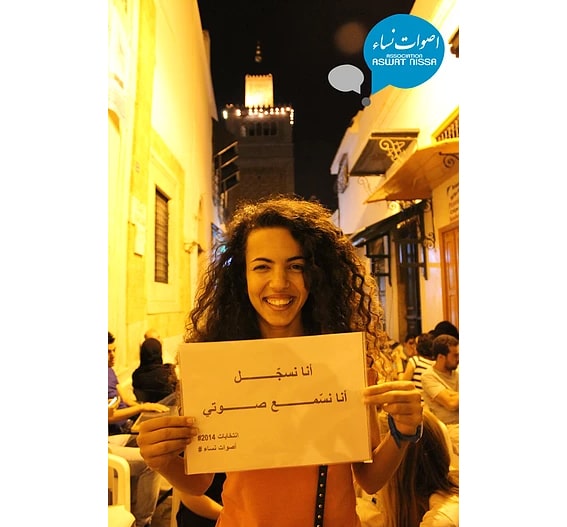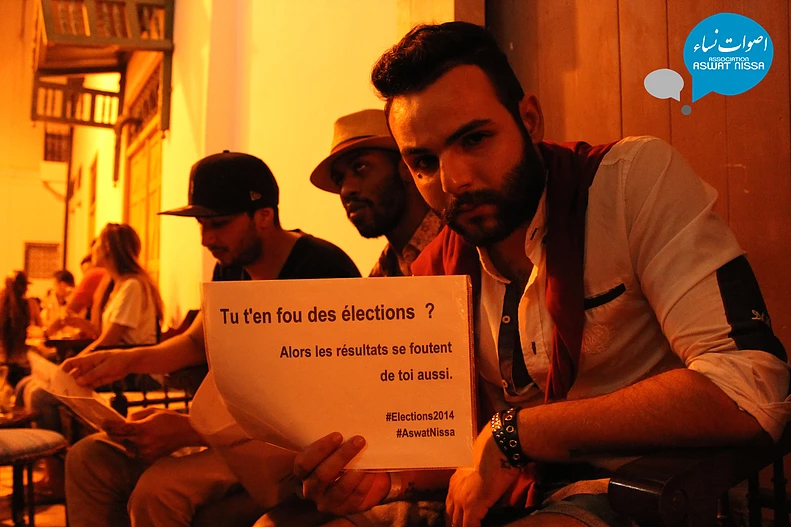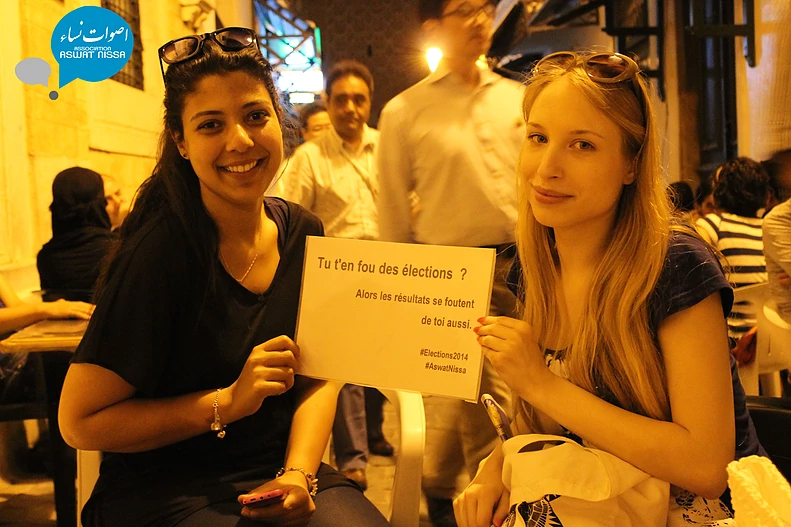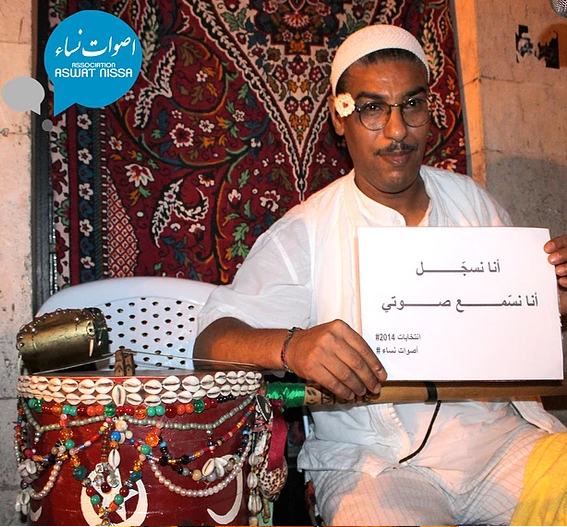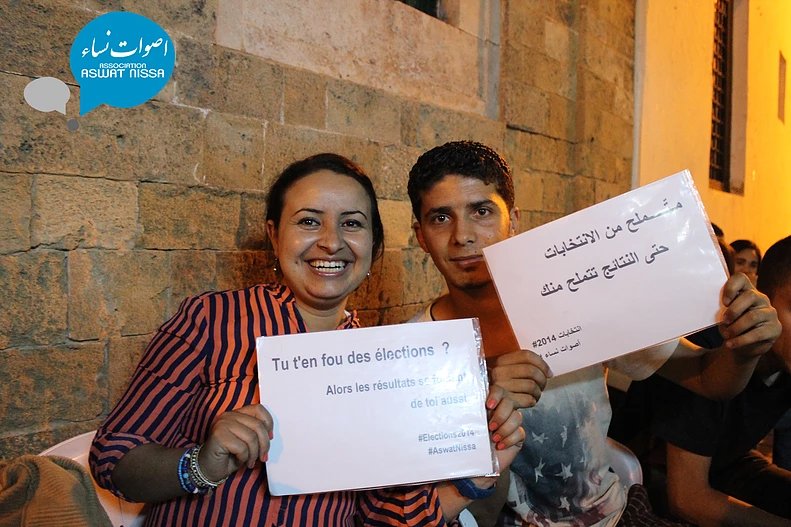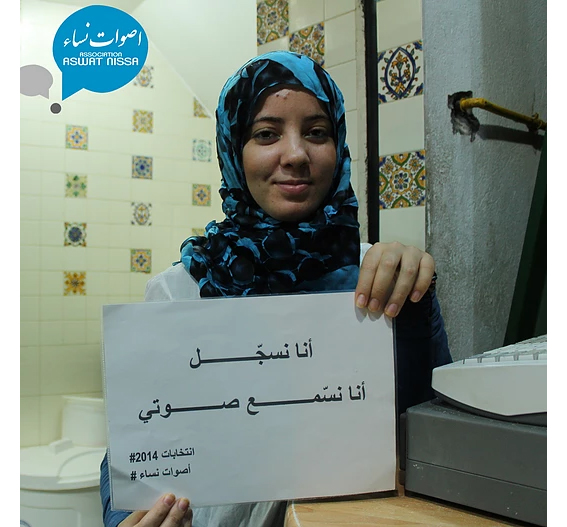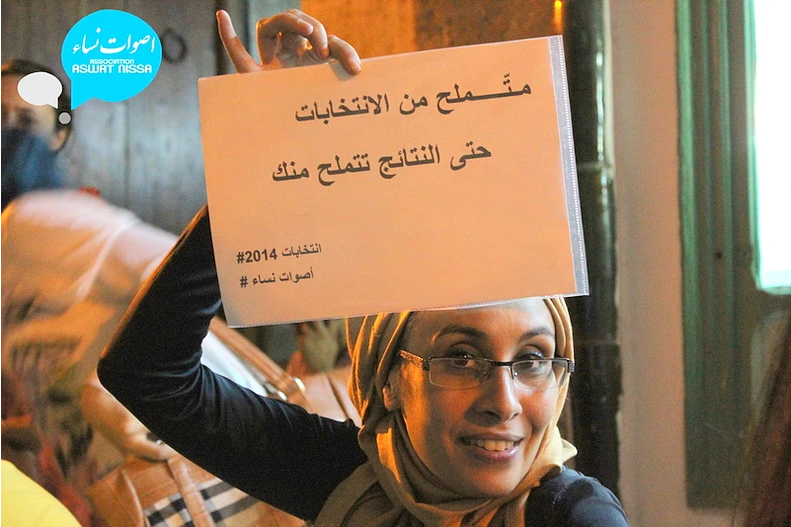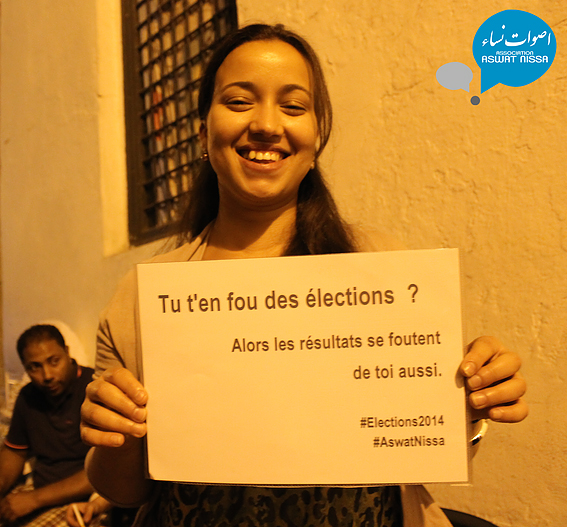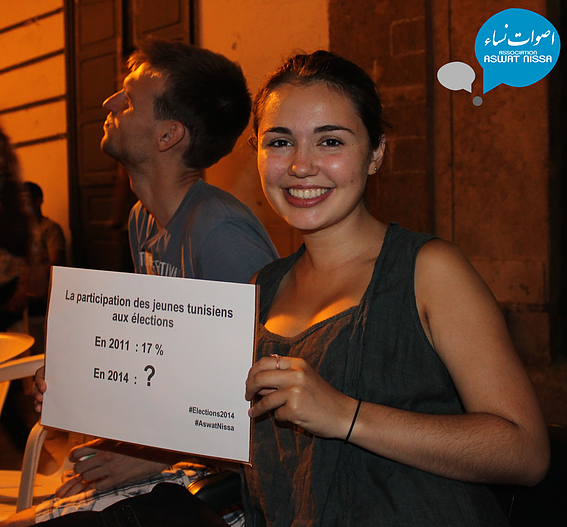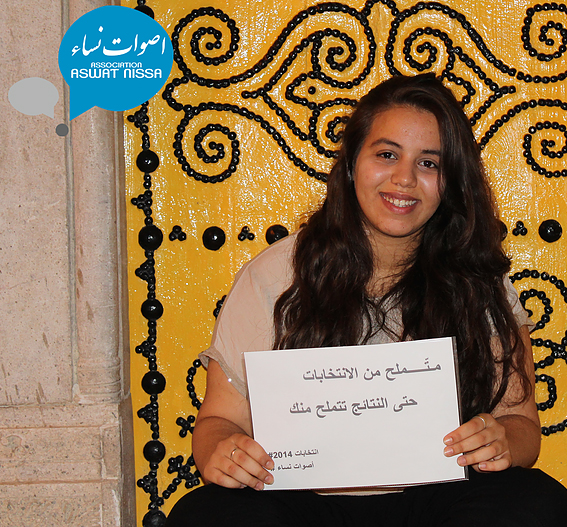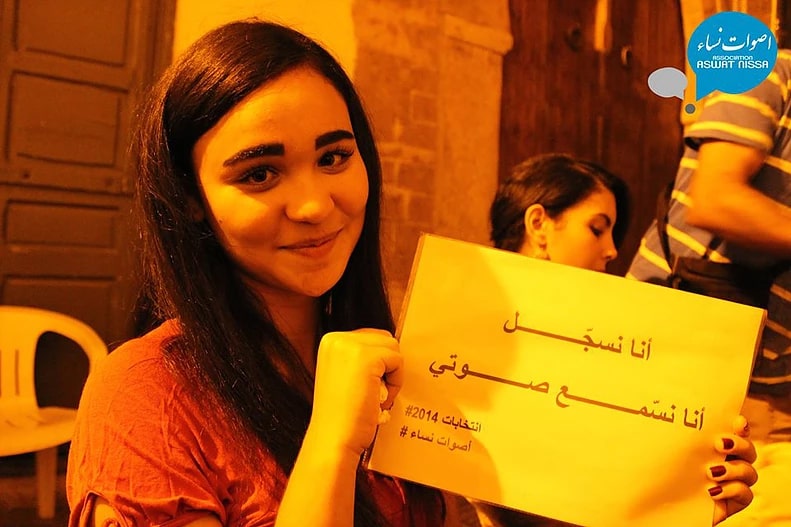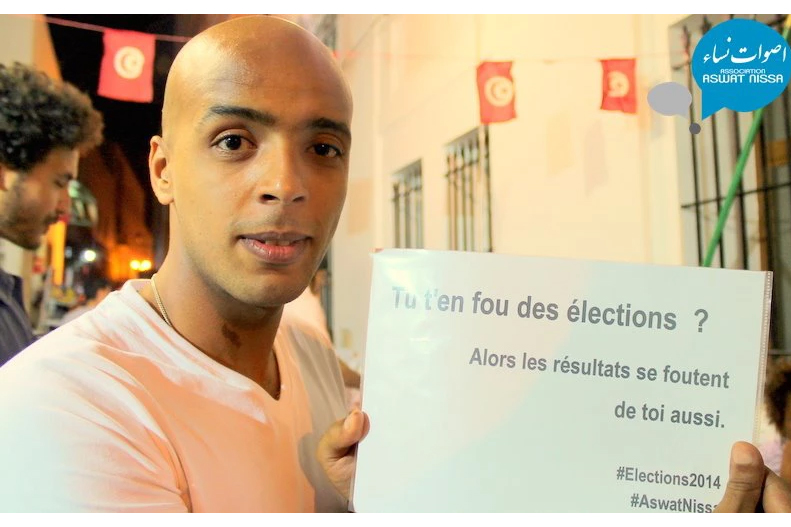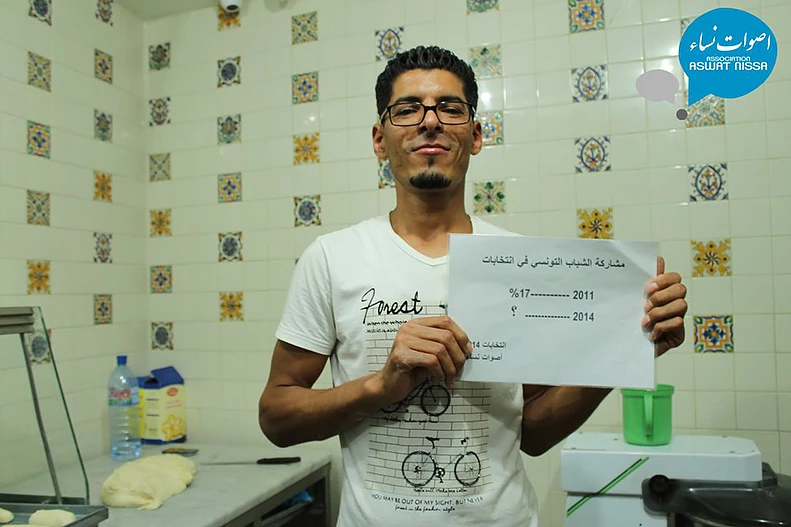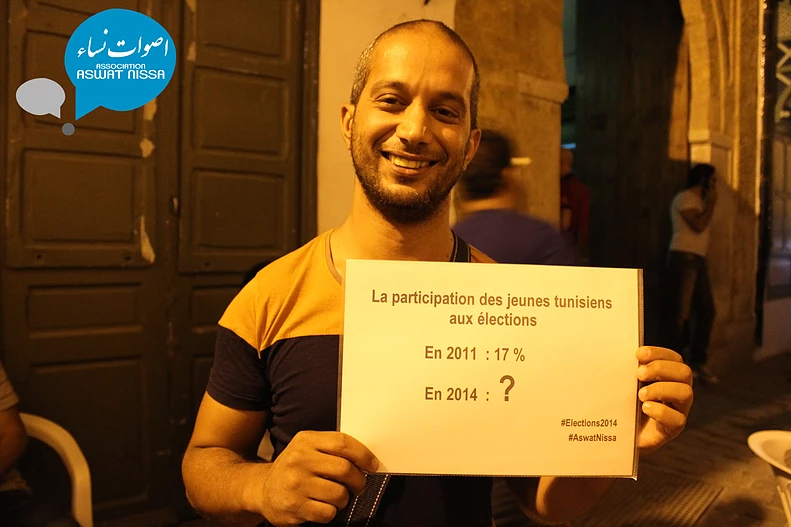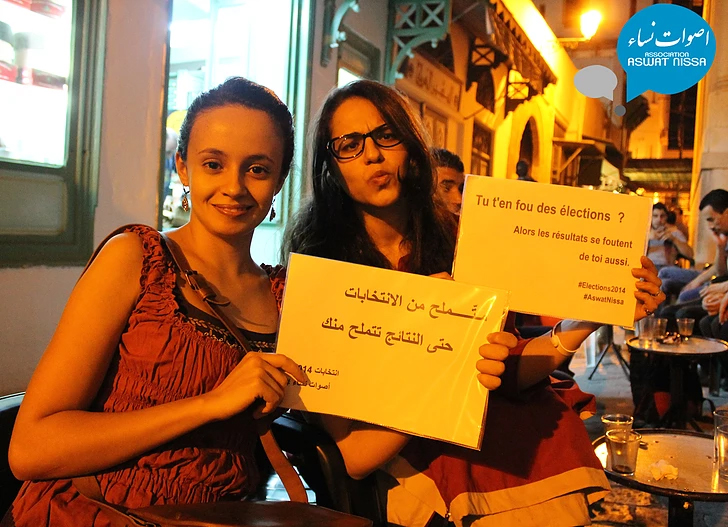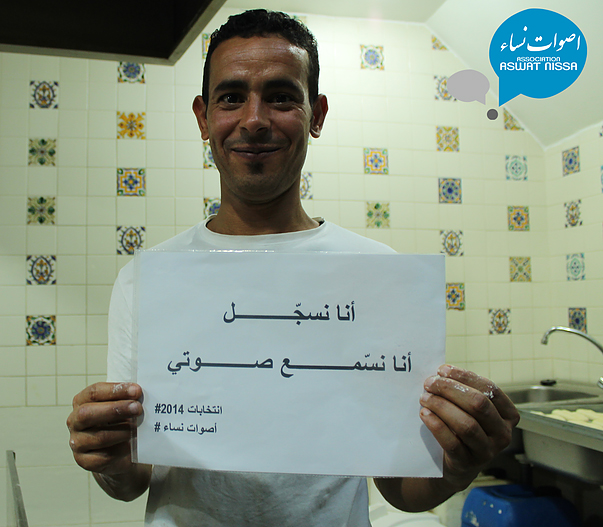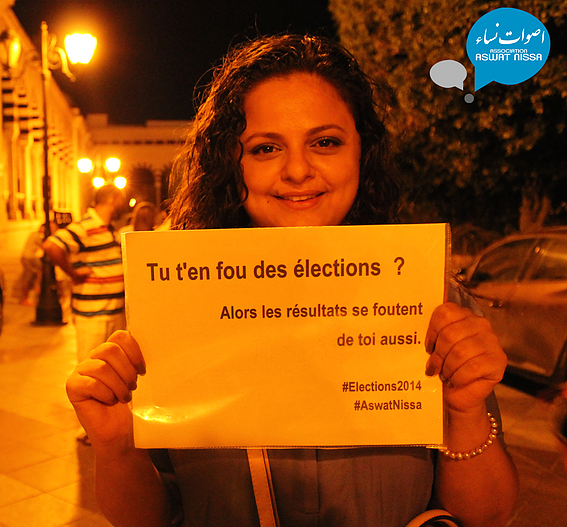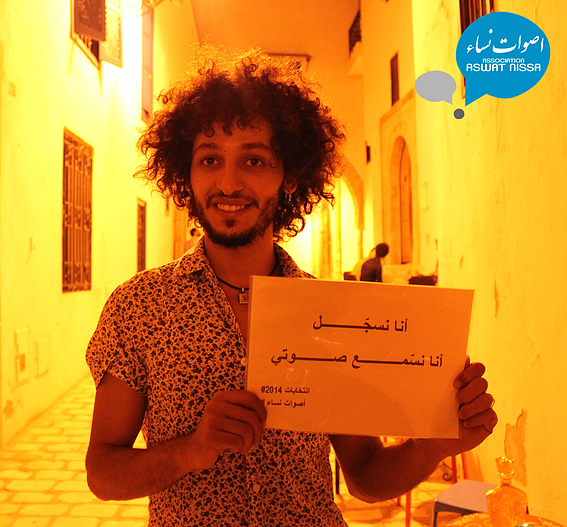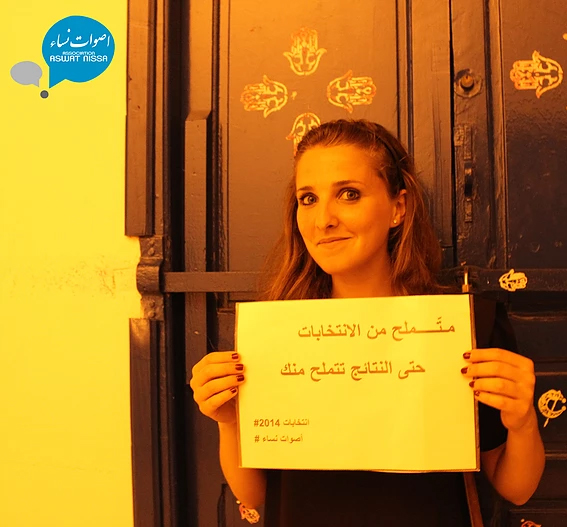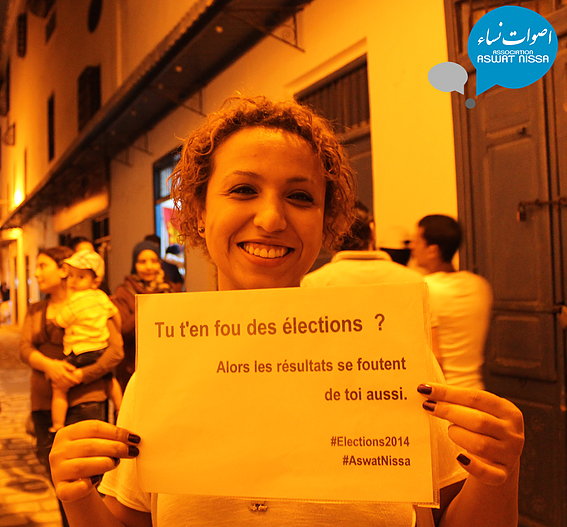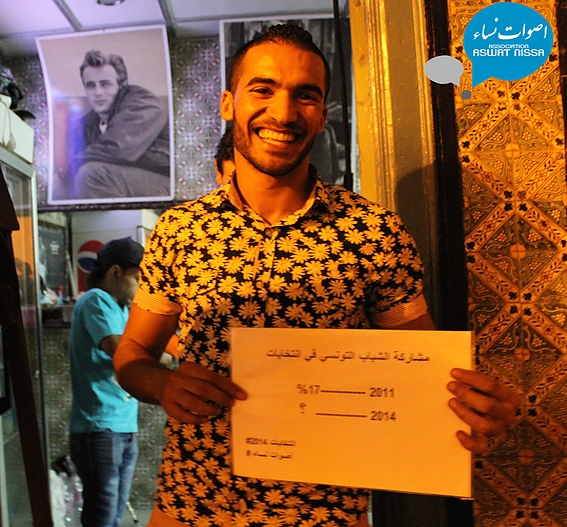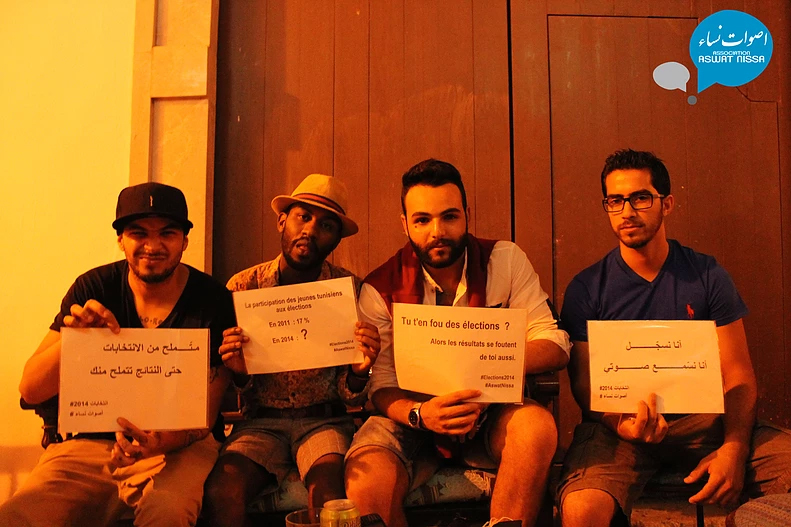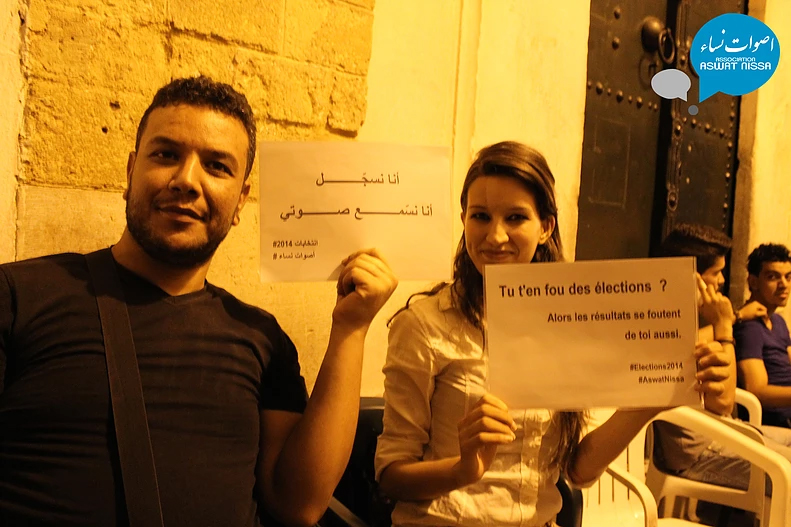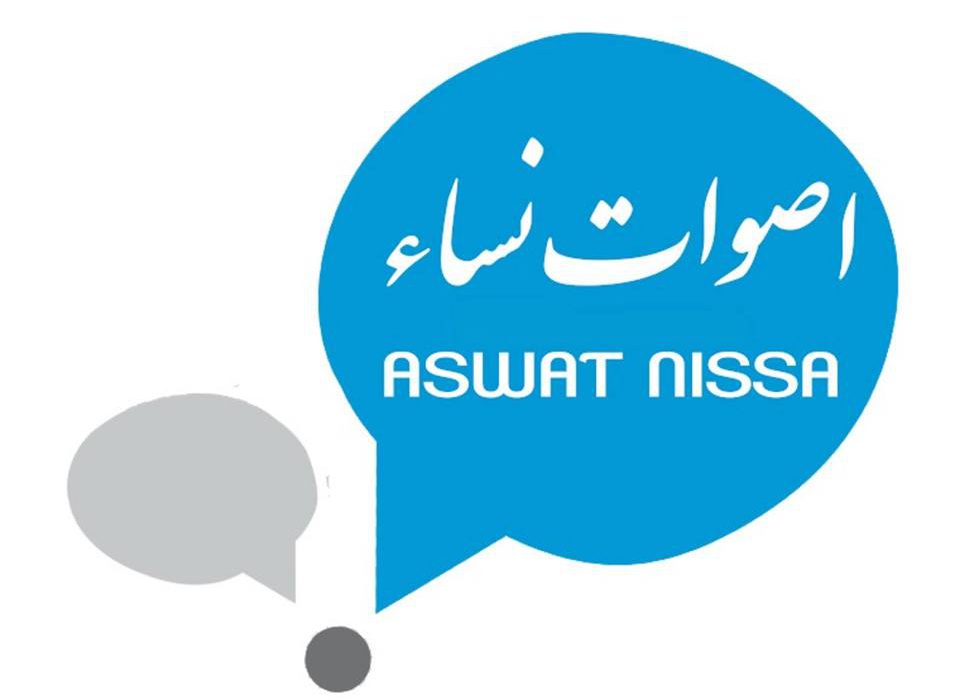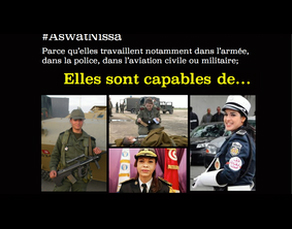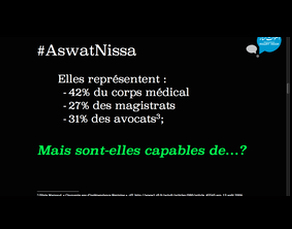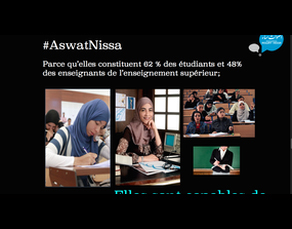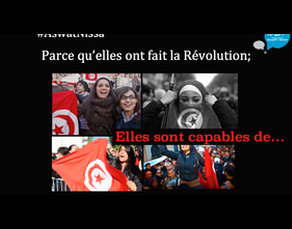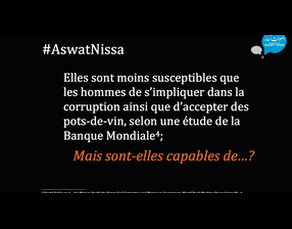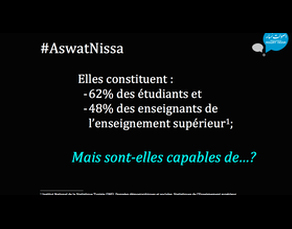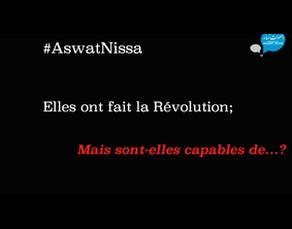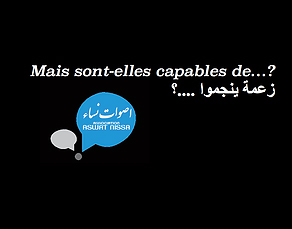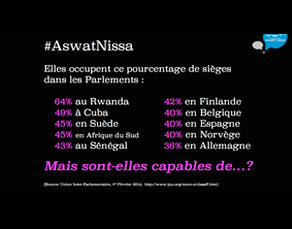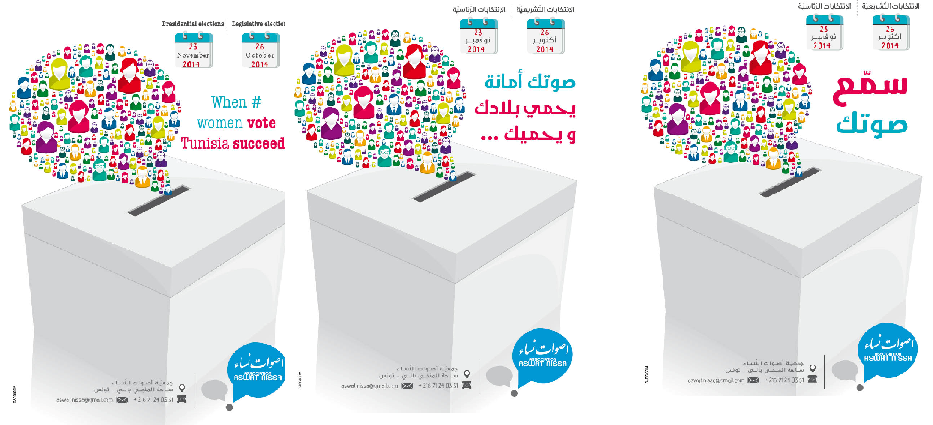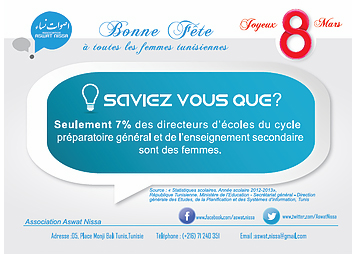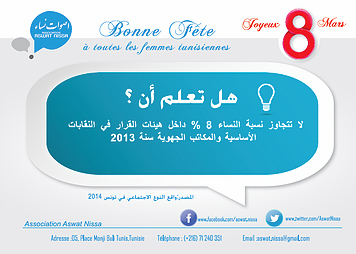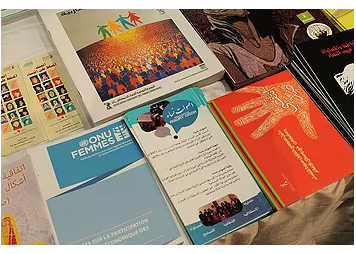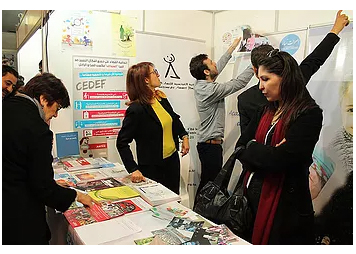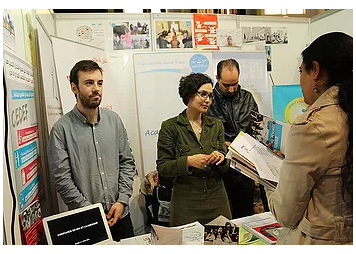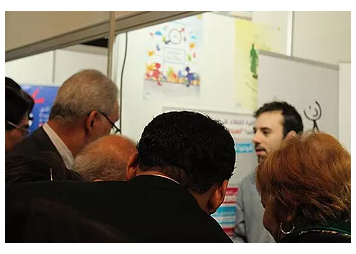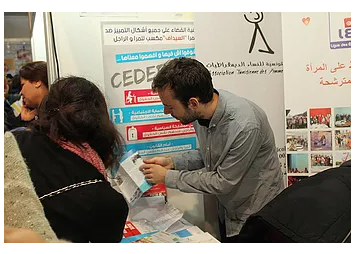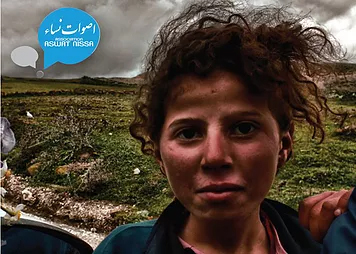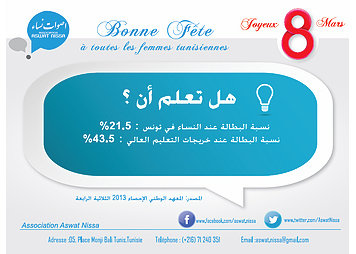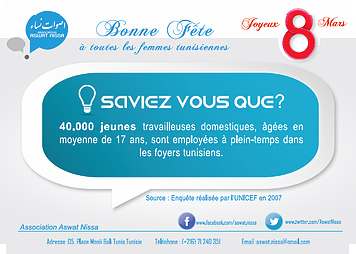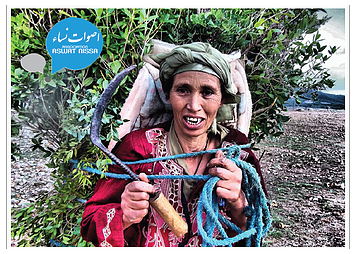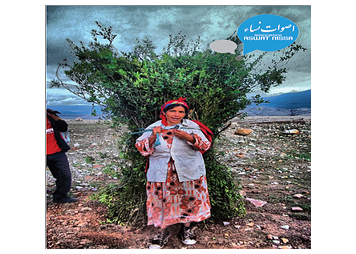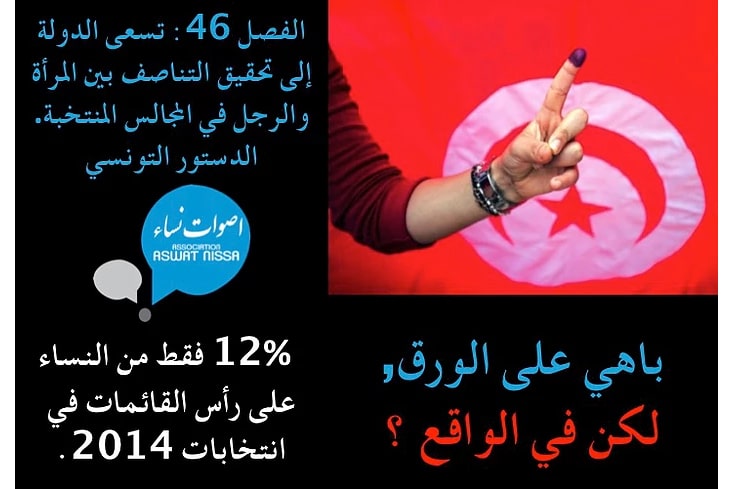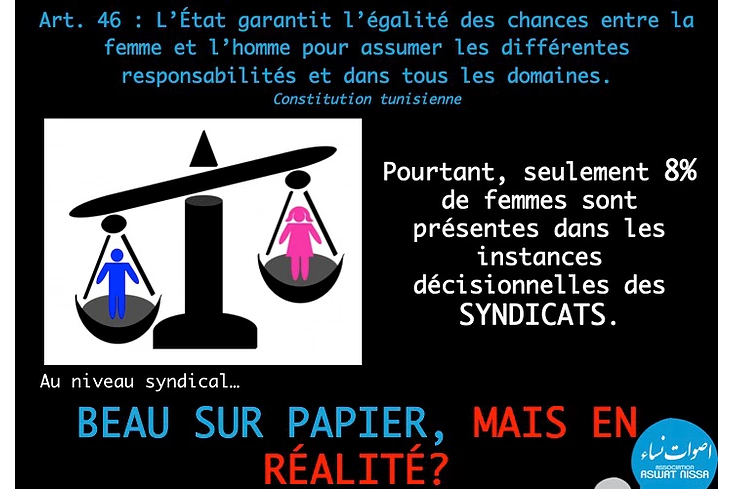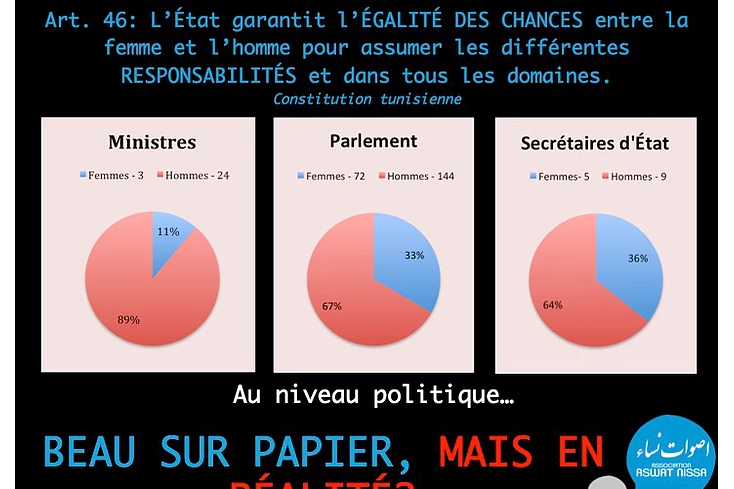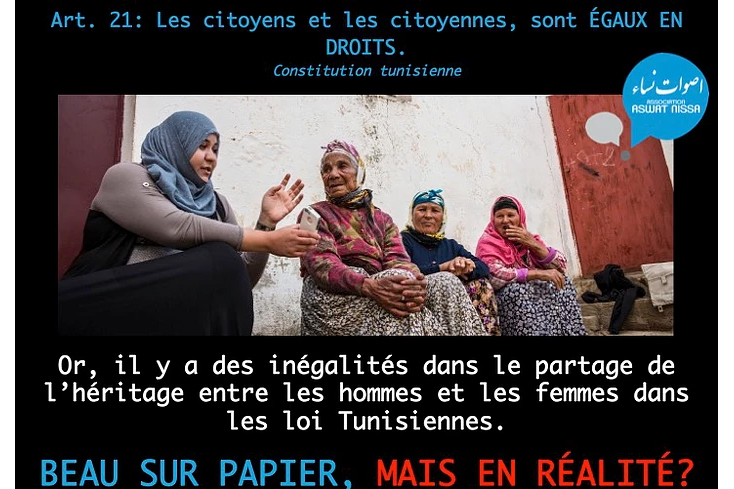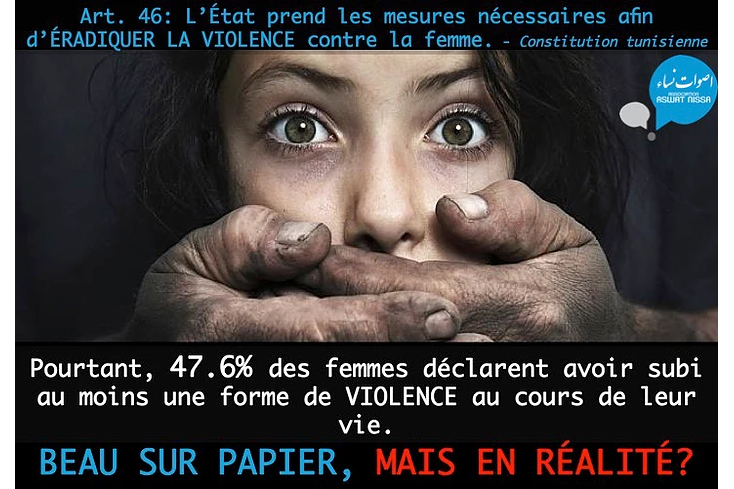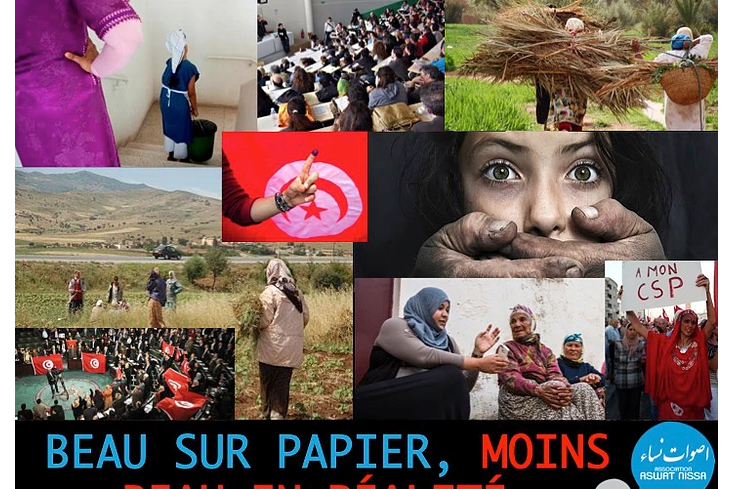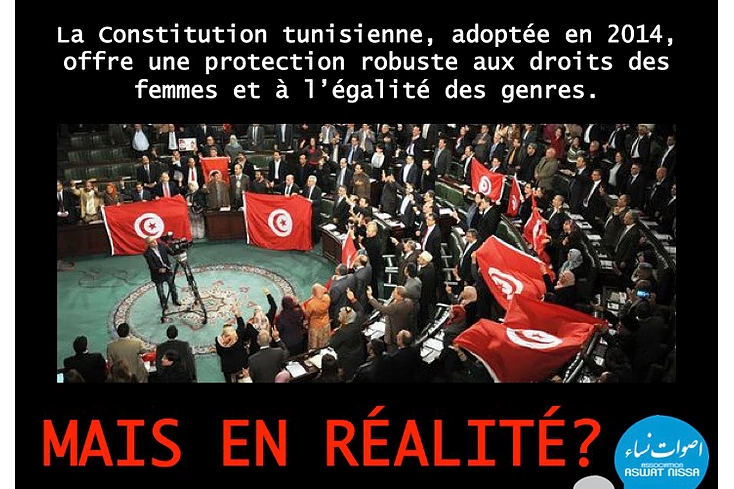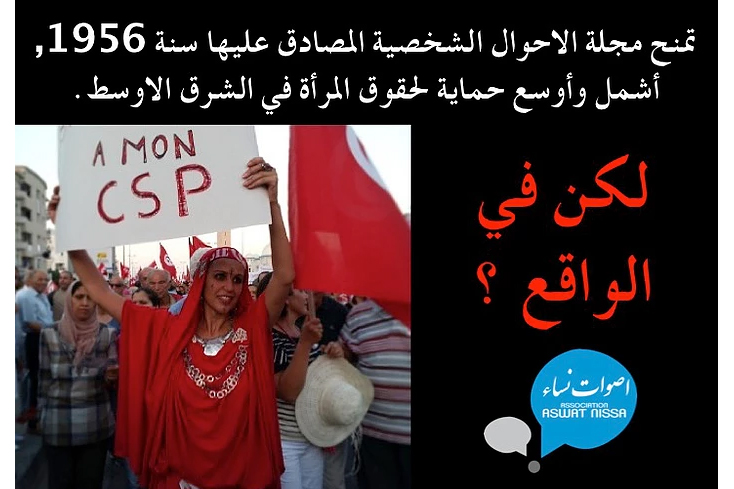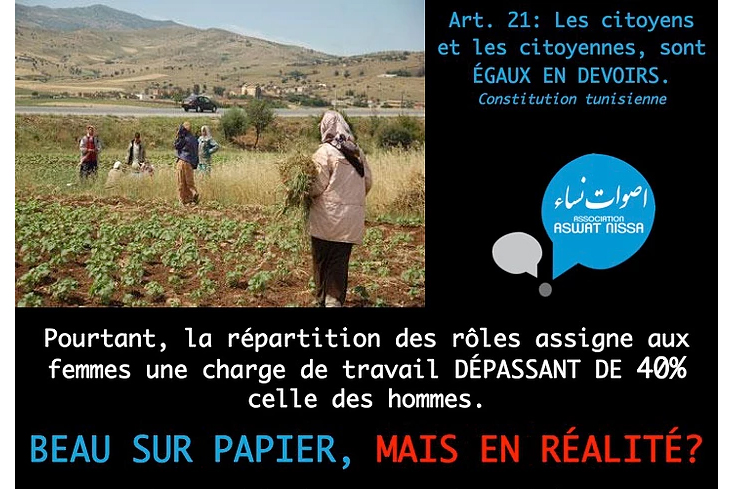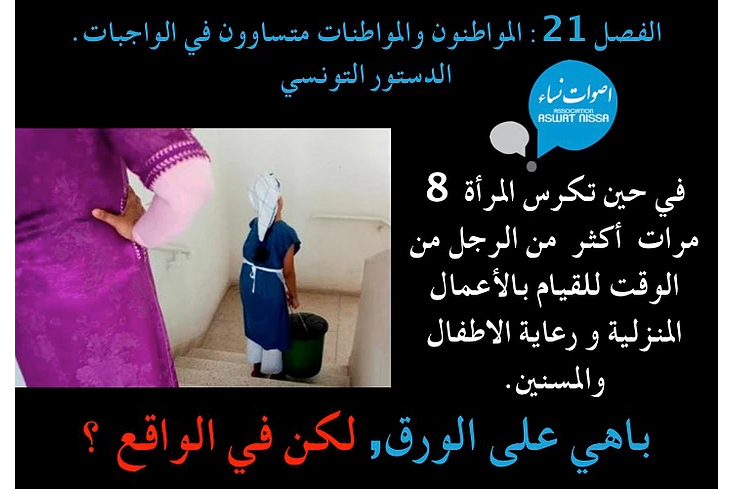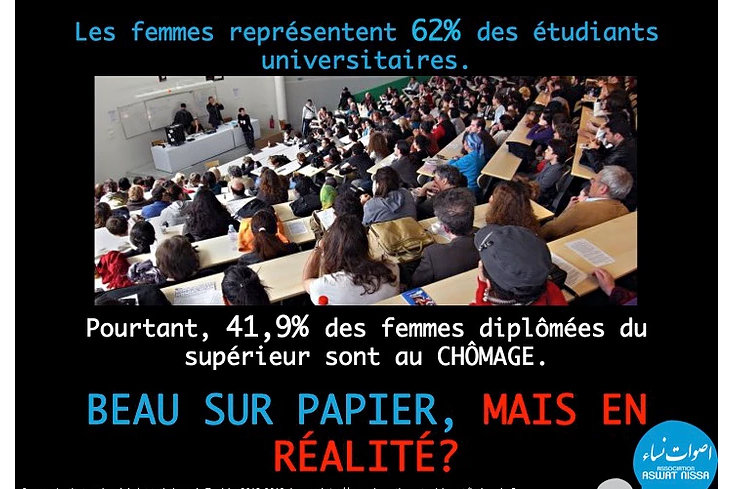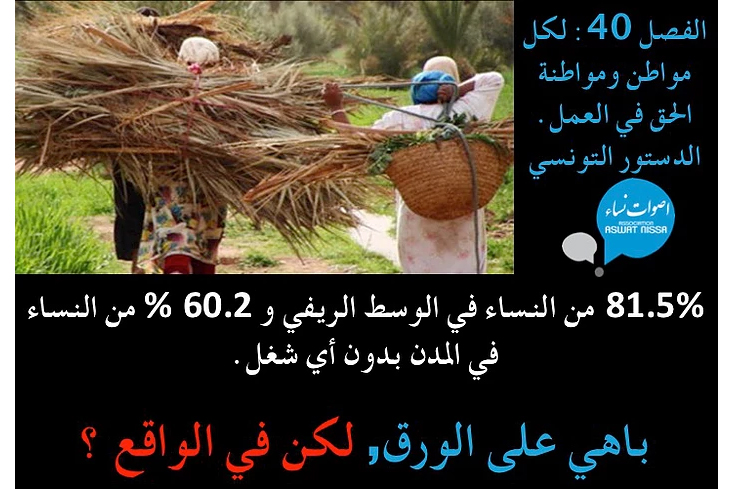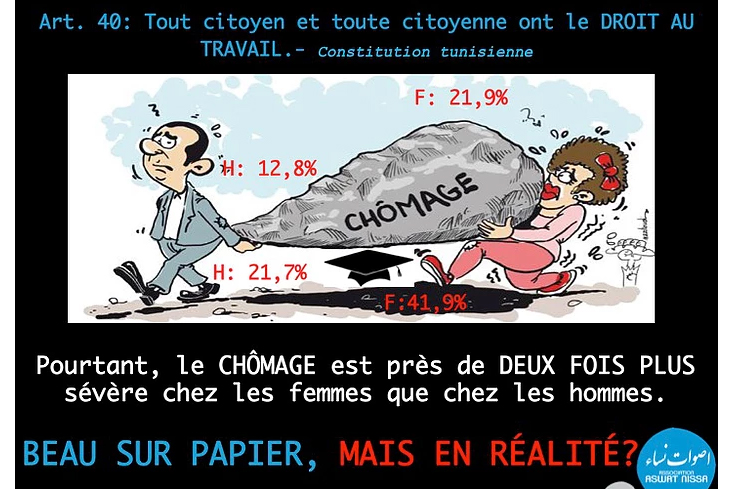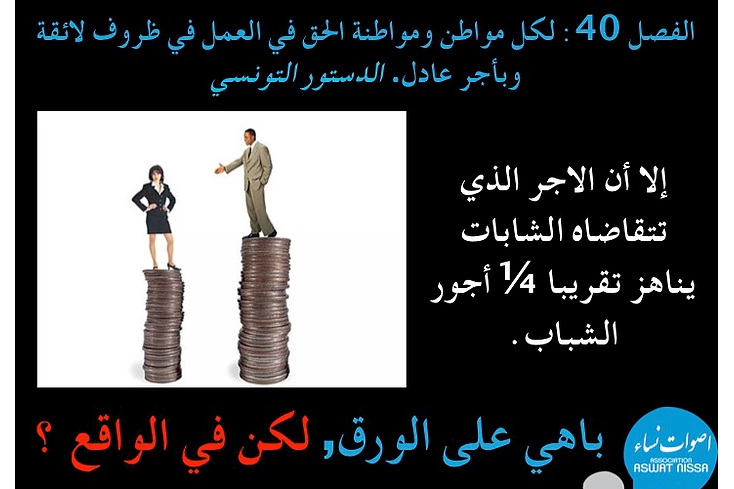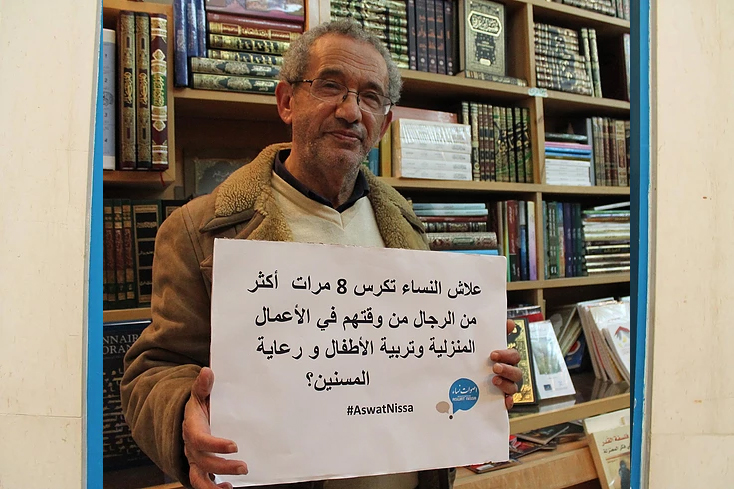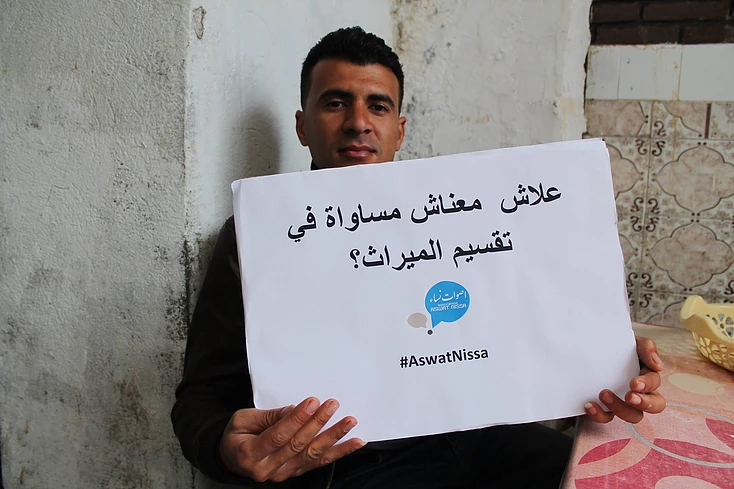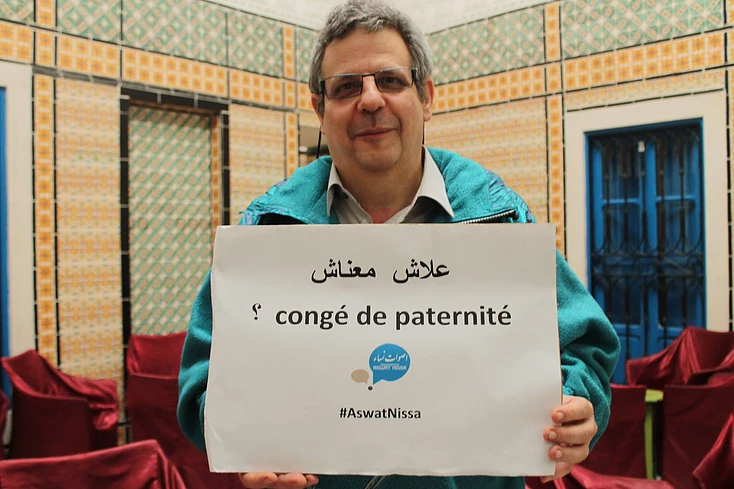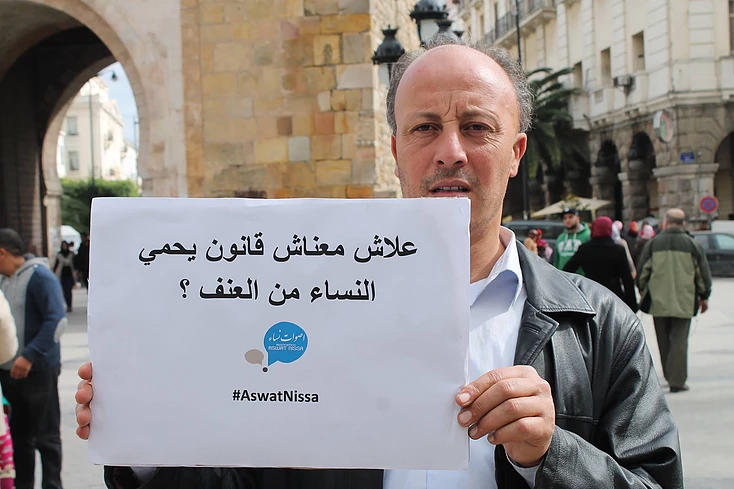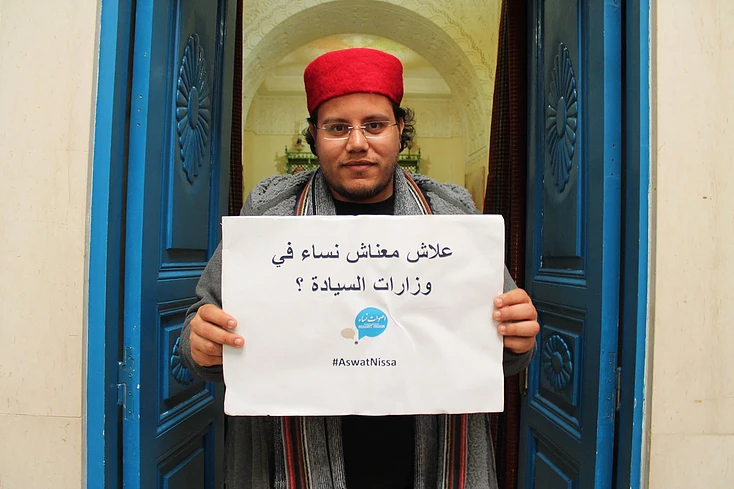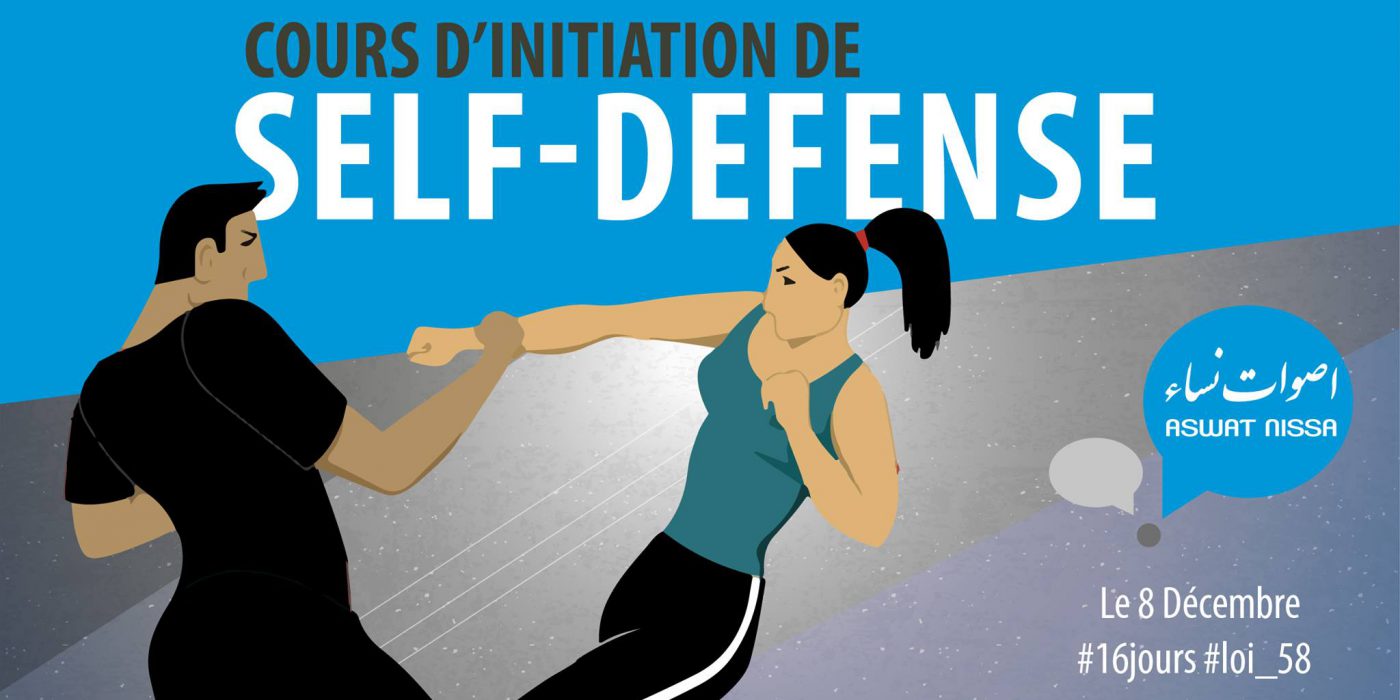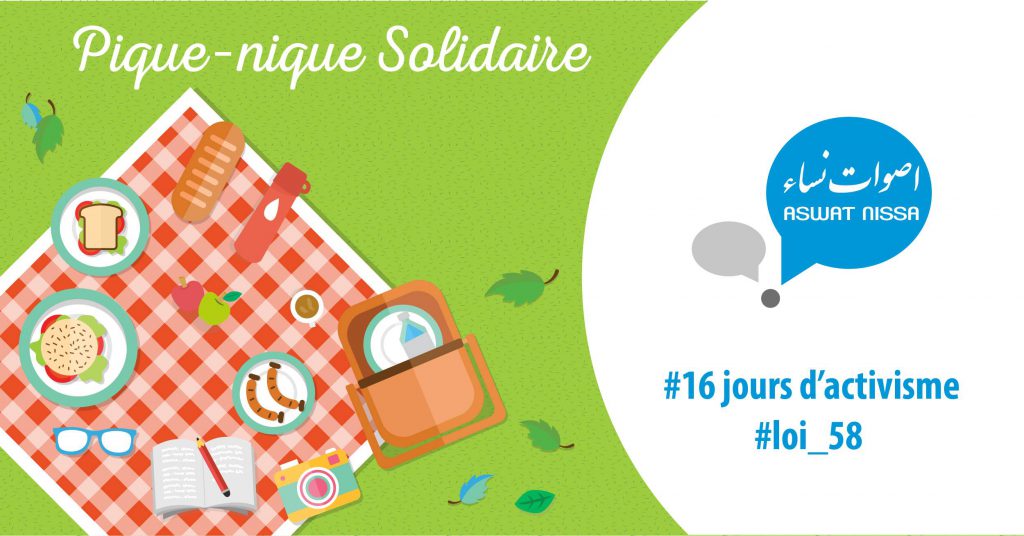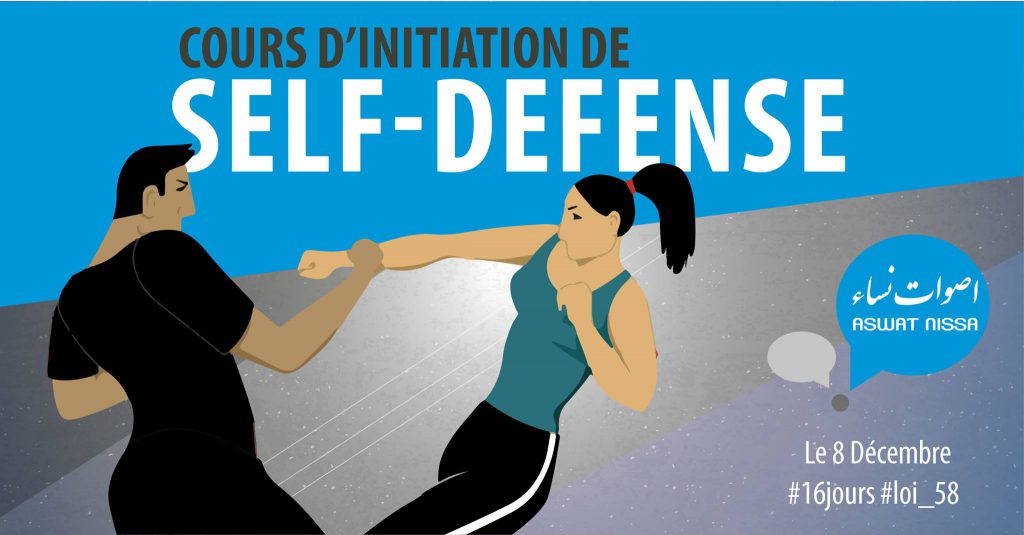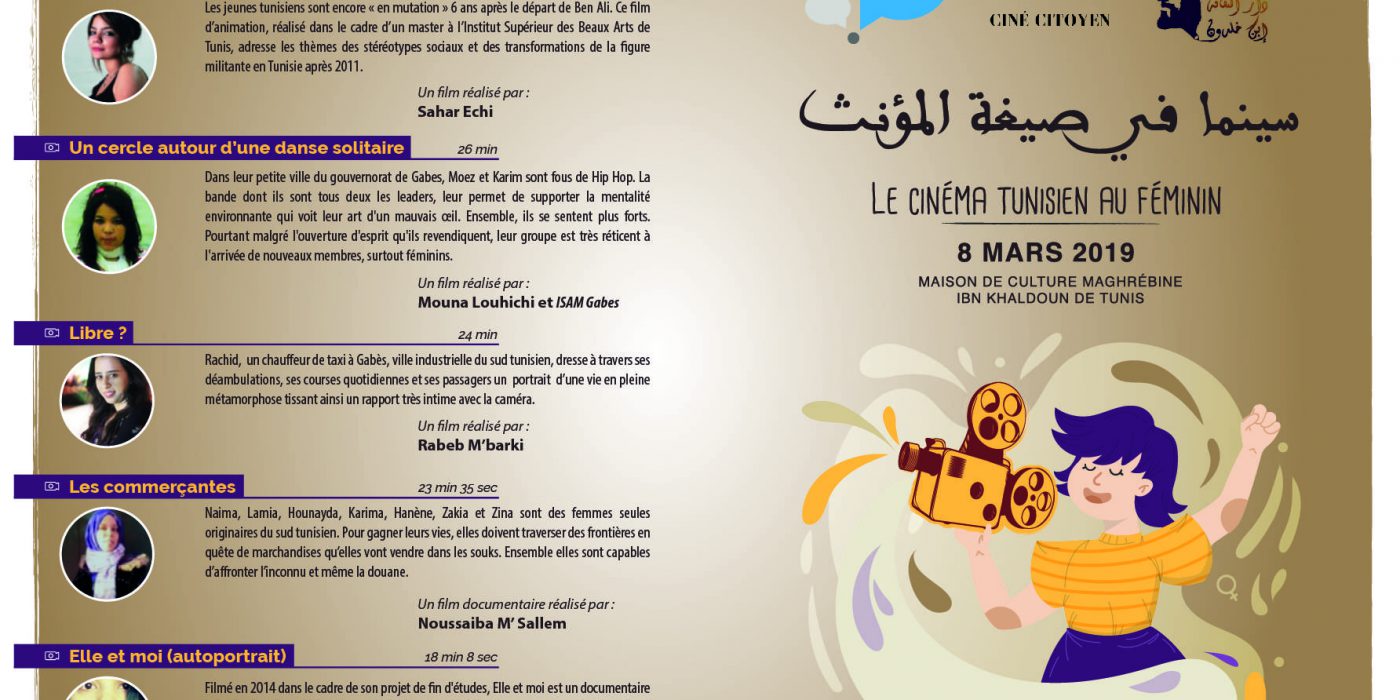Open letter from a group of feminist NGOs to the president Kais Said
Open letter from a group of feminist NGOs to the president Kais Said
Tunis, in the 29th of July 2021
Dear Mr. President,
Greetings,
Following the set of exceptional measures announced by the presidency of the republic on July 25th which came in response to the lack of political stability, the deterioration of economic, social and health conditions, the deep sense of injustice and inequality felt by the people as well as the rampant corruption and growing nepotism, and the merging the culture of impunity, the undersigned are following with deep concern this shift in the political path and the severe crisis that our country is witnessing on all levels.
The crisis aligns with the absence of an effective response to the global pandemic and the delay in the vaccination process. In the last few years, we have witnessed an exacerbation of the phenomenon of violence and feminicides. Women’s dignity has been compromised and violated even in the Parliament while authorities like the Parliament’s Bureau remained criminally silent.
Accordingly, it is important for the undersigning NGOs to :
· Express their support for the legitimate popular protests stemming from all of the above. We stress that not listening to the people’s concerns can lead to the fall of any political leadership
· Consider that the political class is responsible for the numerous failures, especially those who collected the majority of votes and were entrusted with this people’s lives, safety and dignity. These failures made us face a stifling crisis in the absence of all guarantees that should have been provided by the constitutional court which should have been established over 7 years ago.
· Urge the President, Mr.Kais Said, to provide us with a road map that will allow us to follow the developments of the situation in a transparent and participatory manner and respect the gains of the revolution as well as the values of the Republic. We urge the President to set a time limit for each measure and adhere to it. We also ask him to beware of dangerous slips, especially considering the fact that the branches of power are under his authority .
· Following the decision to lift the immunity of the members of parliament, we ask the President to accelerate the prosecution of those proven to be involved or suspected of corruption. Moreover, we ask the President to treat the files of political assassinations with the utmost seriousness in order to achieve justice and put an end to the culture of impunity. We also would like to remind the President of the case of the MP, Zouhair Makhlouf, accused of sexual harassment and whose trial is pending since 2019. Furthermore, we would like to stress that judicial accountability should include all crimes without discrimination and be based on the principles of fair trial and equality.
● Call for the President to refer to the 2020 Court of Auditors’ report and the information it included about the assigned funds within the framework of international cooperation programs between the government and international and regional organizations. We also call for a thorough review of the outcome of these funds as well as the agreements recently concluded by the Tunisian state.
● See to the respect of the notion of parity and ensure women’s representation in the new government, which was lacking in the previous governments.
● Call for the President to give the issue of combating violence against women the importance and place it deserves, by placing it at the top of the new government’s priorities and by monitoring the financial, human and logistical means necessary to develop and implement an effective strategy to eliminate this phenomenon.
● Guarantee women’s economic and social rights in general and women working in the agricultural sector in particular. Reform the policies adopted to develop that sector which has remained active and achieved positive results since the beginning of quarantine despite the difficult working conditions exacerbated by the pandemic. We also call for the resolution of the drinking water supply issue, a constitutional right violated in many regions and subject of numerous protests and social movements in the country
● Call for the involvement of youth associations and organizations in this sensitive stage, given the oversight role they played during the previous period.
● Express our readiness to rally, with all components of civil society, around the gains of the revolution, in order to play an effective monitoring role during this sensitive period that Tunisia is going through. The undersigned emphasize the importance of women’s rights and the constant struggle to eliminate all forms of violence and discrimination against them. We also express our unconditional support to Minority rights as mentioned in the 2014 Constitution.
●Finally, we call for pursuing the vaccination process, our only solution against the Covid-19 pandemic. We ask everyone to stay vigilant and to avoid violence and division and rely on feminist and citizen solidarity during this sensitive period.
Long live the feminist resistance
Long live Tunisia
The undersigning associations:
Aswat Nissa
Association Femme et citoyenneté El Kef
Joussour de citoyenneté El kef
Voix d’Eve à Sidi Bouzid
Association Selima Sidi Bousid and Kebili
Association Rayhane pour les femmes de Jendouba
